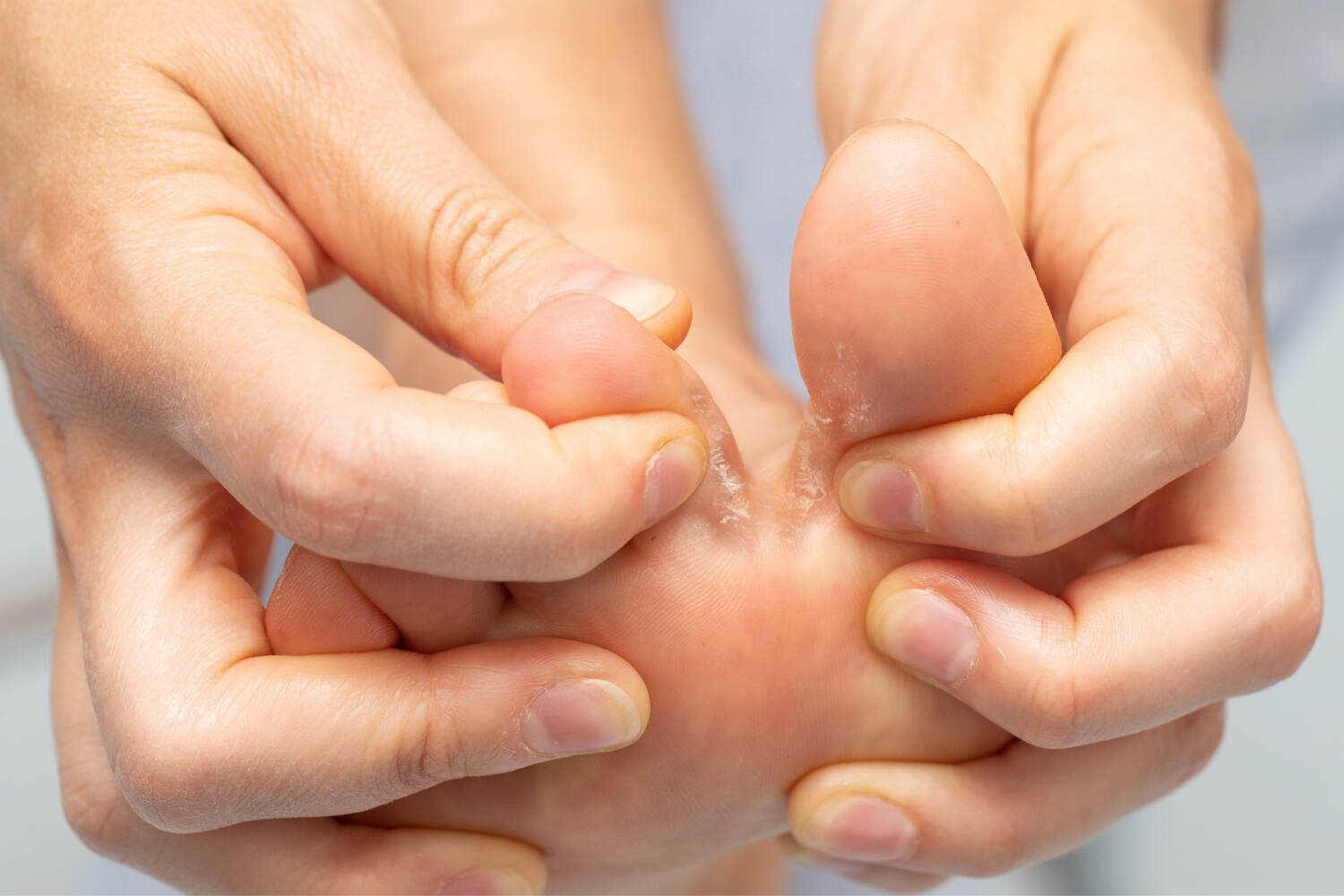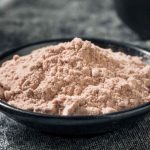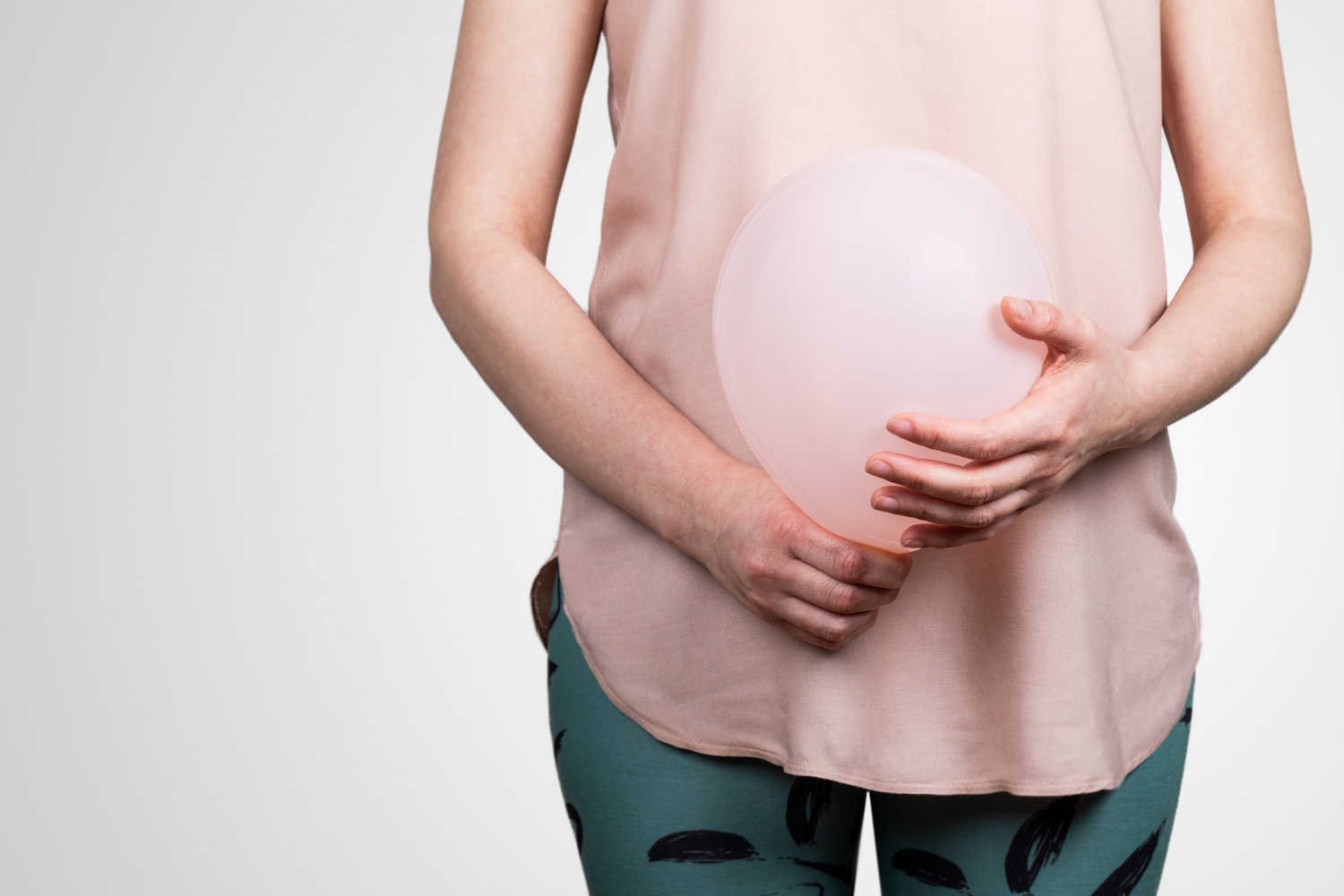
Scuba Diving During Pregnancy – Is it Safe?
5 min readWritten by Gayathri Lakshminarayanan


Scuba Diving is an adventurous sport. But is it safe to take the adventure while you are pregnant? While some say pregnancy does not rule out scuba diving, it is necessary to know the risks and precautions you must take. This article will discuss scuba diving during pregnancy.
Pregnancy is quite a delicate phase in a woman’s life where she should take every precaution to keep herself and her baby safe in all aspects whether physically or psychologically. Starting from food to health and wellness, to minimising risks, pregnant women take every safety precaution possible. So, can you consider scuba diving when pregnant? Read the article to know more.
In This Article
- What is Scuba Diving?
- Should You Consider Scuba Diving During Pregnancy?
- What Are the Benefits of Diving During Pregnancy?
- Baby Under Pressure While Diving – Are There Any Effects?
- FAQ’s
What is Scuba Diving?
Scuba Diving is a sport that helps you explore the beauty of underwater. Underwater nature is not under the control of humankind. SCUBA is the short form for Self-Contained Underwater Breathing Apparatus – which also means it is equipment that allows us to breathe underwater.
Should You Consider Scuba Diving During Pregnancy?

This is an interesting question to address. Well, the straight answer is – No. Scuba Diving, while you are pregnant, is not safe. The American College of Obstetricians and Gynecologists, the Divers Alert Network (DAN), and many other Divers Associations do not recommend scuba diving during pregnancy.
Early Research about Scuba Diving During Pregnancy
The Undersea Biomedical Research Journal (US) conducted research with women divers who gave birth recently. Out of the total divers, 5.5% have reported that the babies had congenital disabilities when compared to zero disabilities among non-divers. The author concluded the research that women who dived during their pregnancy had higher chances of delivering babies with congenital disabilities.
But this research was further called off. The general statistics in the United States about babies born with congenital disabilities state that the total congenital disabilities during the year previous to the research were 3 to 5% of the total population. This is more or less equal to the research results, i.e., 5.5%. Further, it was also stated that the defects could have resulted from several factors and not just diving.
Additional survey data was difficult to get because the number of women who dive during pregnancy has reduced drastically. However, one of the most recent surveys about diving during pregnancy revealed the following.
| Survey Details | Sample Details |
| No. Of Women who were Surveyed | 1037 |
| No. Of Women who dived during Pregnancy | 15 |
| Non-Divers (In Nos) | 1022 |
| Total No. of Women (Among 15) who had complications in Pregnancy | 8 |
| No. of Women whose complications (Among the 8) were not related to Diving | 5 |
| Immediate Fetal Losses (In Nos) | 2 |
Considering the size of the sample and the possibility of bias in selecting the sample, the above data cannot be conclusive.
Research on Animals
Many research studies have been conducted with animals to determine the safety of diving during pregnancy. For this purpose, the researchers have taken two animals, Sheep, and Rodents.
1.Sheep
The placentas of sheep and human beings are similar, and the studies done on sheep are more relevant. Studies were conducted to understand the decompression among the sheep, which shows that the fetus might develop bubbles earlier than the mother could show the signs of decompression.
When the mothers started getting the symptoms of decompression, the fetuses developed aggressive symptoms. This has resulted in defects in the Spinal cord, Heart arrhythmias, and weakened limbs.
The fetus is still growing and cannot depend on the developing lungs to separate the bubbles from the blood. Even the ‘silent bubbles, which are harmless for adults, could block the supply of blood to all the body parts in the fetus.
Though the animal models are not entirely valid, the research on sheep justifies that the fetus is at a higher risk than the mother’s Injury. The risks could primarily be Injury which might lead to intravascular gas bubbles.
[Read : 5 Different Phases Of Fetal Lung Development]
2. Rodents
The Rodents considered for testing include Rats, Rabbits, and Hamsters. The gestational period for rodents is relatively shorter. They were tested to study how they react to hyperbaric oxygen (HBO) in the fetuses.
- The Rats were given oxygen for six hours, and we observed that they had increased Circulatory fetal malformations and fetal reabsorption.
- The Rabbits were given Oxygen for two to three hours and were observed to have developed Retinopathy of prematurity.
- The Female Hamsters whose untreated decompression illnesses had a baby that suffered from skull and limb malfunctions.
Along with the animal research, the pregnant women who consumed hyperbaric Oxygen during pregnancy several times reported no negative effects on their fetus.
This clarifies that hyperbaric oxygen is less threatening than decompressions that are left untreated. If you are pregnant and prefer to dive but suffer DCS, recompression therapy is your best bet.
What Are the Benefits of Diving During Pregnancy?

While Scuba Diving is not recommended during pregnancy, there is a specific advantage to being in the water. Let us look at each of them.
- More time in the water means slight relief from the aches and pains of pregnancy, especially during the last trimester.
- Once the water relieves the physical ailments, the mother’s mental health is up and soothing.
Baby Under Pressure While Diving – Are There Any Effects?
Being in the water gives great relief from pain – especially pelvic and back discomfort. The most crucial factor is that you will not feel the pressure of the baby’s weight when you are in the water.
So, is it not reasonable to not feel the pressure? No, and this may trigger vomiting and nausea.
In effect, scuba diving during pregnancy is better avoided, partially due to the fact that we do not have enough research studies and also because we do not know how the fetus will be affected due when you scuba dive. Pregnancy is one phase where prevention is better than cure and it is always better to be safe than sorry.
Consult with your doctor not just for scuba diving but for any physical activity you undertake during pregnancy. Avoid diving for a while until your little one steps into this world and have a happy pregnancy!
[Read : Swimming When You Are Pregnant]
FAQ’s
1. When Can You Return to Diving After Becoming Pregnant?
The resumption of diving after pregnancy depends on the type of delivery you went through and the doctor’s recommendation. The average period for resume diving is
- 21 days after a vaginal delivery.
- 8 to 12 weeks after an uncomplicated C-section.
- More than 12 weeks after the bed rest of complicated delivery.
2. Is it Considered Safe to Dive While Breastfeeding?
Yes. Breastmilk does not attract nitrogen, and the baby cannot consume it through breastfeeding. At the same time, Diving while breastfeeding can be tiring and lead to dehydration and affect breastmilk production. Ensure that you are well hydrated.
3. What Are Some Water Sports That Pregnant Women Can do?
The other water activities that a pregnant woman can do are swimming, aqua aerobics and snorkelling.
4. What Are The Benefits of Swimming, Aqua Aerobics, And Snorkelling While Pregnant?
The benefits include
- Reduction in morning sickness.
- Reduction in sciatic pain.
- Relax the foot and ankle swelling.
- Better labour and delivery experience.
Read Also: Is it Safe to Do Zumba During Pregnancy?

Gayathri Lakshminarayanan,CA, B.Com
Gayathri’s passion for writing had its foundation at the very early stages of her life when she was on her college editorial board and also won several awards for writing events and book review competitions. She combines her corporate experience with her writing skills and her experience as a homemaker makes her an empathetic contributor in the parenting domain . Her shift from full-time accounting professional to a homemaker gave her career a new direction.Read more.
Responses (0)
Want curated content sharply tailored for your exact stage of parenting?
Related articles

Athlete’s Foot During Pregnancy – Causes, Treatment And Home Remedies

Top Nutrients That are More Important During Pregnancy

Two-Vessel Cord – A High Risk Pregnancy Condition

Black Salt During Pregnancy – Is it Safe, Benefits and Side Effects

Top 150 Anime Names for Boys With Meanings

Bloating During Pregnancy – Causes and Tips For Relief
Sponsored content
Discover great local businesses around you for your kids.
Get regular updates, great recommendations and other right stuff at the right time.





